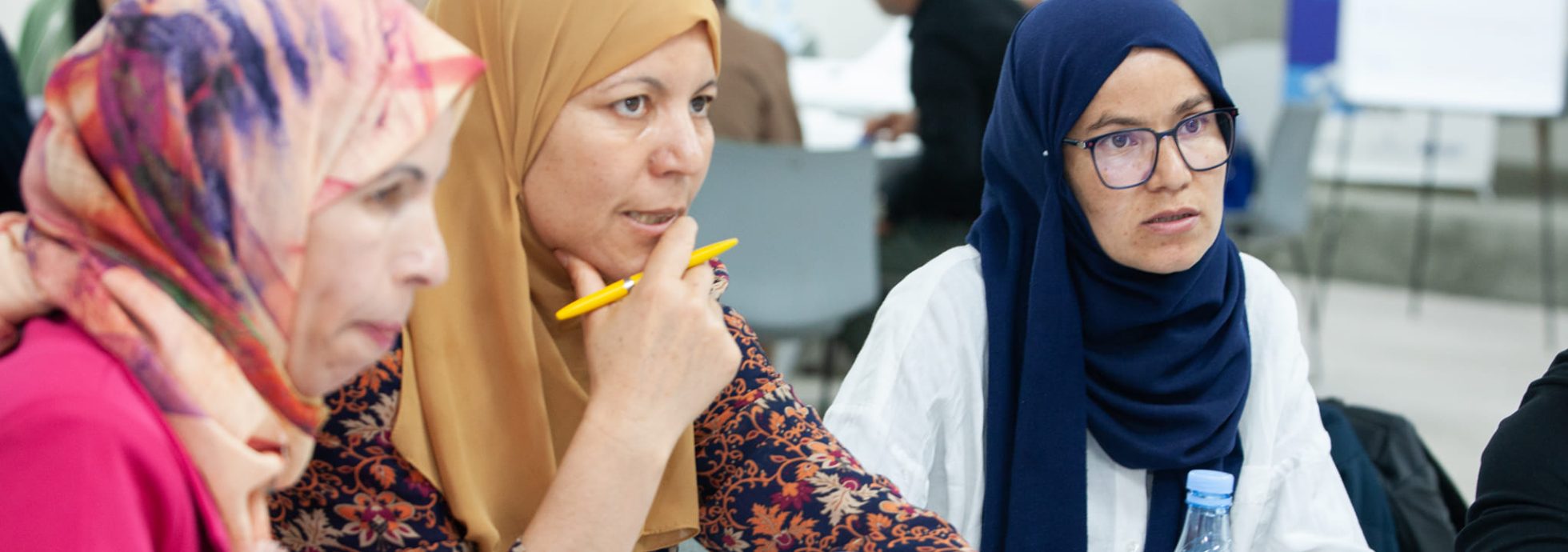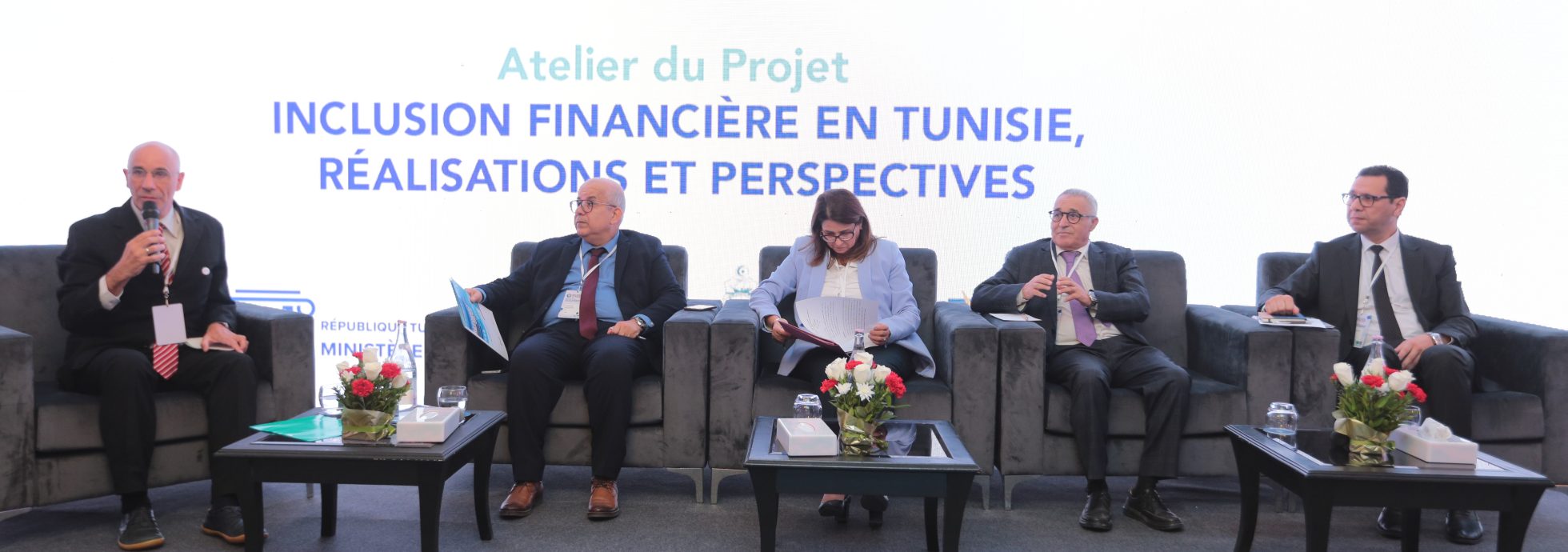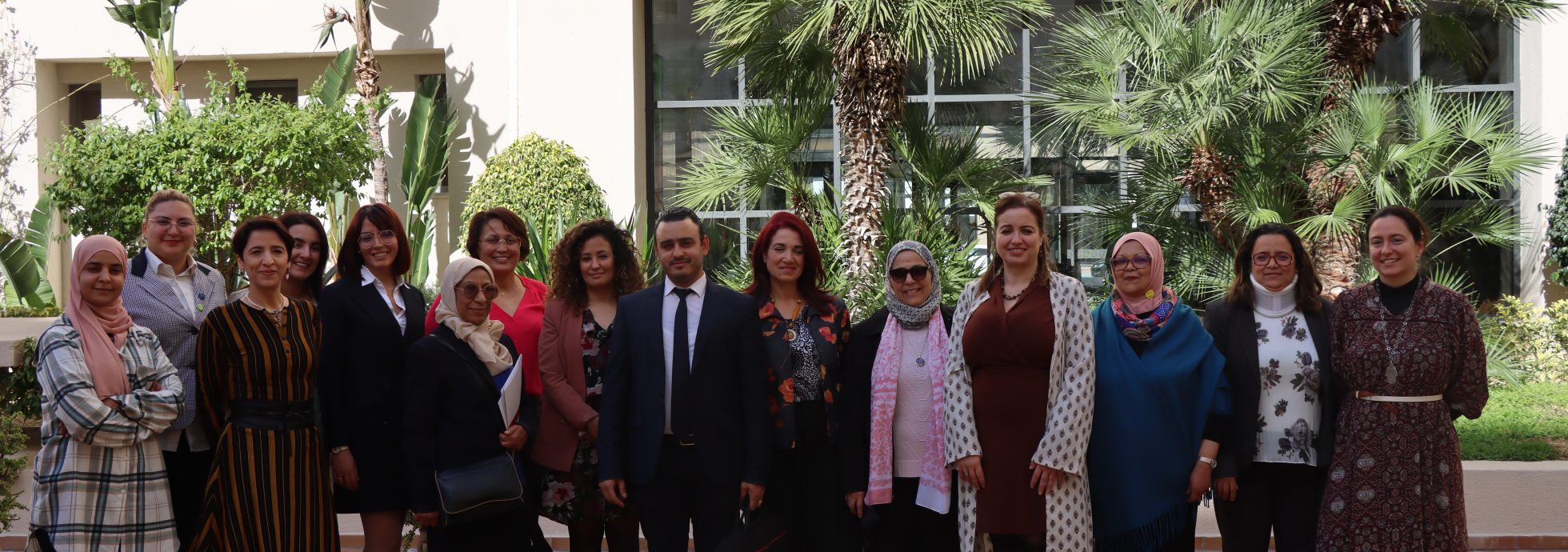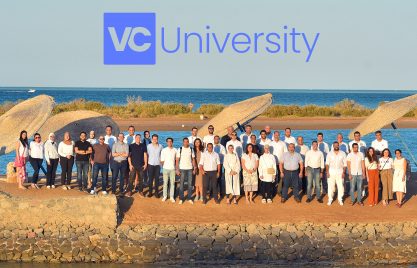Promotion of Access to Financial Services for SMEs (PAFSME)
The transformation process in Egypt, which has been ongoing since 2011, puts a heavy burden on the country’s economic development. The gross domestic product (GDP) growth is now stable at 5 percent. The unemployment rate is 8 percent, but the youth unemployment rate reached 35 percent by 2016. And every year, additional 700.000 young people join the labor market.
The engine for economic growth of the country is the innovation potential of young entrepreneurs as well as the growth potential of the many SMEs. Currently, their potential is heavily limited by insufficient access to financial services: only half of them have business relations with banks, and only slightly more than a fifth have ever received a loan in the past. For Egyptian banks, SMEs remain a risky customer segment, despite of bank reforms and a strong political interest. Young entrepreneurs are usually completely excluded from the banking business. Tailor-made financial products outside of classic bank financing, such as leasing and factoring or risk capital funding for start-ups, are barely available on the market.
Together with partner institutions and relevant private sector actors, the PAFSME project of the Deutsche Gesellschaft für Internationale Zusammenarbeit (GIZ) GmbH intervenes in five areas of financial system development to improve access to financial services for SMEs and start-ups in Egypt:
Regulatory and supervisory framework conditions: To improve the framework conditions for financial services, the project advises the staff of both the Egyptian Financial Supervisory Authority (FRA) and the Central Bank of Egypt (CBE) on regulatory and prudential issues. Furthermore, the project supports the FRA in the implementation of its digitalization strategy, which aims to improve technical exchange with the sector and providing digital services. Together with the CBE, the project is developing an improved process for banking supervision and the identification of macroeconomic risks with the aim of stabilising the banking industry. Furthermore, the project advises the CBE on the development of a financial inclusion strategy.
Credit guarantee schemes: In order to expand credit guarantee schemes and thus make the provision of financial services to SMEs more attractive for banks, the project supports the Credit Guarantee Company of Egypt (CGC Egypt) in strengthening its institutional and human resource capacities as well as in adapting its guarantee products even better to the needs of the market.
Non-bank financial institutions: PAFSME is developing new financial products, for example factoring and leasing, with selected non-banking financial institutions. These are to be suitable sources of financing for SMEs in Egypt in the future. In addition, new training services for non-banking financial institutions are being developed together with the Egyptian Institute of Directors (EIoD), the FRA’s training institute.
Entrepreneurship: In cooperation with local business incubators, PAFSME works on improving the framework conditions for start-ups in Egypt. The focus here is on training in corporate finance issues and particularly on promoting female entrepreneurs, as it has been very difficult for women to obtain any financing services so far. The project also supports the development of risk capital investors such as angel investors and venture capital firms, which offer young entrepreneurs an alternative way of mixed financial and mentoring support.
Insurance: Moreover, the project supports insurance providers in developing new insurance products and distribution channels to increase the uptake among SMEs and their employees.
A holistic approach to financial system development, such as that pursued by PAFSME in close cooperation with its partners, is essential to fundamentally improve access to financial services for SMEs and start-ups in Egypt. The innovation potential of young entrepreneurs as well as the development potential of start-ups and SMEs, both of which are crucial for job creation and economic growth, can only be fully ignited through such broad and targeted interventions.
Reach out to PAFSME if you are interested to learn more about our actions.







